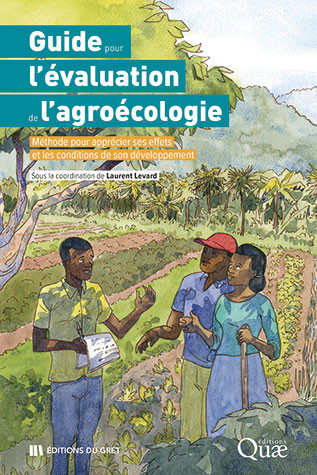Guide pour l’évaluation de l’agroécologie
Le Guide pour l’évaluation de l’agroécologie propose une démarche et des outils méthodologiques pour apprécier, d’une part, les effets des pratiques et des systèmes agroécologiques sur les performances agroenvironnementales et socio-économiques de l’agriculture et, d’autre part, les conditions de développement de l’agroécologie.


